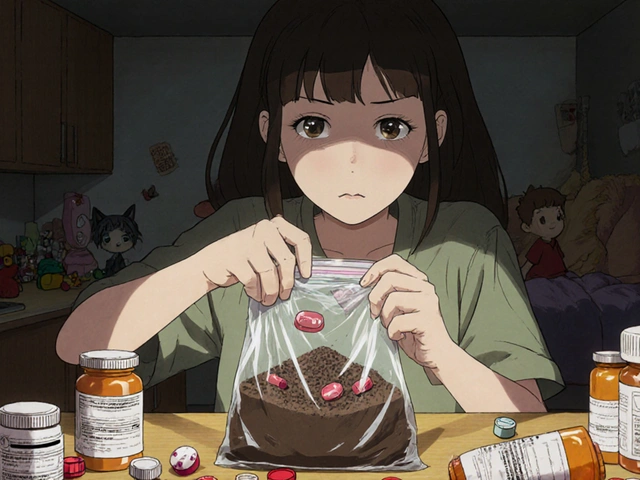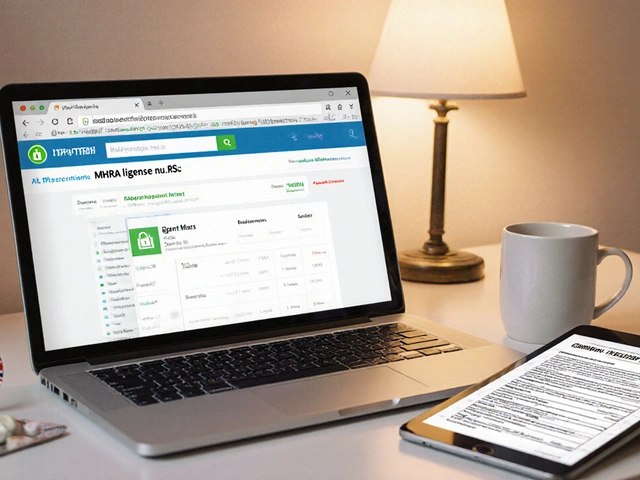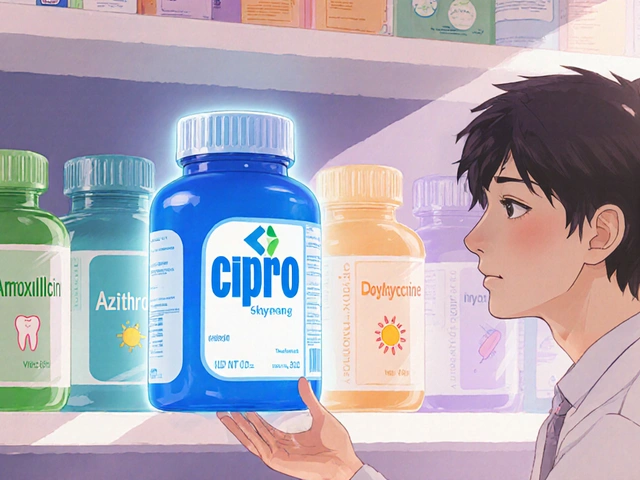Sugar: What It Does to Your Body and How It Affects Your Meds
Ever wonder why you feel a crash after that sweet snack? Sugar isn’t just a tasty treat – it can swing your energy, mood, and even the way some medicines work. On this page we break down the basics, give you simple ways to keep sugar in check, and show how it ties into common drugs.
How Sugar Impacts Your Body
When you eat carbs, your gut turns them into glucose – the blood sugar your cells use for fuel. That spike triggers your pancreas to release insulin, which shoves the glucose into cells. If you keep feeding your body sugary foods, insulin can get overworked, leading to higher blood sugar over time. That’s the road to pre‑diabetes and type 2 diabetes.
But sugar does more than raise numbers on a lab report. It fuels inflammation, can mess with gut bacteria, and may worsen cravings for more sweet foods. The result? A cycle of ups and downs that makes it harder to stick to healthy habits.
Most people think of “sugar” as the white granules in their coffee, but it hides in many places – sauces, breads, even “healthy” snacks with fruit juice. Reading labels for terms like sucrose, fructose, corn syrup, and dextrose helps you spot hidden carbs before you buy.
Managing Sugar with Medications
Some drugs rely on steady blood sugar to work right. For example, insulin and oral diabetes pills need predictable glucose levels, so a sudden sugar binge can cause low blood sugar (hypoglycemia) or high blood sugar (hyperglycemia). Both are risky.
Antidepressants like SSRIs sometimes affect appetite, making you reach for sweets. If you notice a pattern, talk to your doctor – they might adjust the dose or suggest a different medication.
Even common pain relievers such as acetaminophen can be harder on the liver when you combine them with large amounts of fructose. The liver processes both, and overloading it can raise the risk of liver damage.
Here are three quick steps to keep sugar from interfering with your meds:
- Track your intake. Use a food diary app or a simple notebook to note every sweet bite. Seeing the numbers helps you stay honest.
- Pair carbs with protein or fiber. A piece of fruit with nuts, or whole‑grain toast with avocado, slows glucose absorption and keeps insulin from spiking.
- Check meds for sugar warnings. Some over‑the‑counter cough syrups and vitamins contain added sugars. Ask the pharmacist for sugar‑free versions.
Remember, you don’t have to quit sugar completely. The goal is balance – enough to enjoy life but not enough to sabotage health or medication effectiveness.
At MedClean we keep an eye on the latest research, so you get trustworthy tips that match today’s science. Use this guide as a starting point, experiment with small changes, and see how you feel. Over time, a steadier blood sugar level means more energy, fewer cravings, and medicines that work the way they’re supposed to.
Got a specific medication or condition you’re worried about? Check our drug database for detailed sugar‑interaction info, or drop us a question. We’re here to help you make smarter, safer choices every day.






